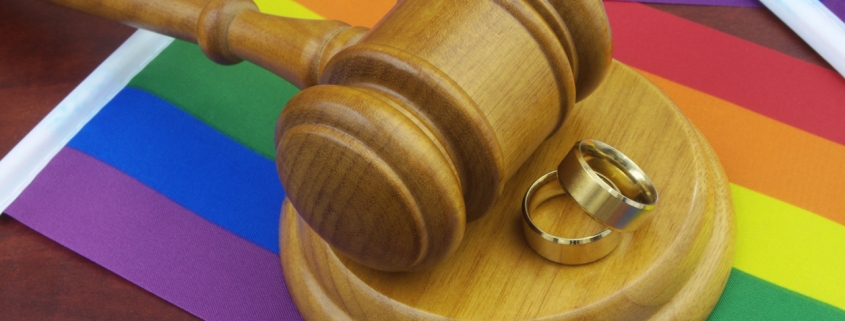Is a same-sex marriage recognized in the green card process?
Is it easy, or even possible, to get a same-sex marriage green card in the United States? LBGTQ rights have certainly progressed over the past 30 years, including federal recognition of same-sex marriages. Yet LGBTQ immigrants still face unique challenges, especially as their marriage relates to their visa or resident status.
Unfortunately, this is one of many ways that LGBTQ immigrants face discrimination. Census data showed a few years ago that around 904,000 immigrants identify with a gender orientation other than heterosexual. That number has certainly grown, leaving thousands of people fleeing persecution for their orientation wondering if they will ever receive citizenship.
As of 2013, federal ruling states that any marriage that would have legal standing in the United States stands for immigration benefits for married couples. This reversed years of discrimination in which same-sex partners got denied on the spot for immigration benefits given to heterosexual couples. Florida was actually one of the first states to approve a green card for a Bulgarian man married to an American man.
In practical terms, this means that the partners of a same-sex marriage may petition for:
- A K-1 Visa
- Lawful permanent resident card (green card)
- Fiance visa (for same-sex couples that are not yet married)
- Any immigration program for immediate family
Of course, you and your partner must still meet all other immigration criteria for your path to immigration. This includes the three-year naturalization waiting period, the residency requirement for the sponsoring spouse and the validity of the marriage.
One way this can trip up LGBTQ couples is the trauma that LGBTQ individuals can face in countries that arrest or otherwise penalize LGBTQ individuals. It can be harder for LGBTQ couples to emigrate from countries that do not recognize same-sex marriage to show the appropriate evidence of a valid marriage. In some cases, a couple might also have trouble proving the required length of the marriage.
With more changes coming to immigration policy in 2020, many LGBTQ immigrants fear that these avenues will disappear once more.
About Bassey Immigration Law Center, P.A.
Bassey Immigration Law Center, P.A., led by attorney Aniefiok Bassey, provides comprehensive immigration services to individuals, families, and businesses in Florida and beyond. With over 20 years of experience, the firm assists clients with a wide range of immigration matters, from family reunification and green cards to business visas and deportation defense. The diverse, multilingual team is dedicated to supporting clients through the complex immigration process, with a special focus on citizenship, asylum, and LGBTQ+ immigration needs. They offer affordable initial consultations and are committed to delivering personalized, strategic guidance for achieving clients’ immigration goals.



